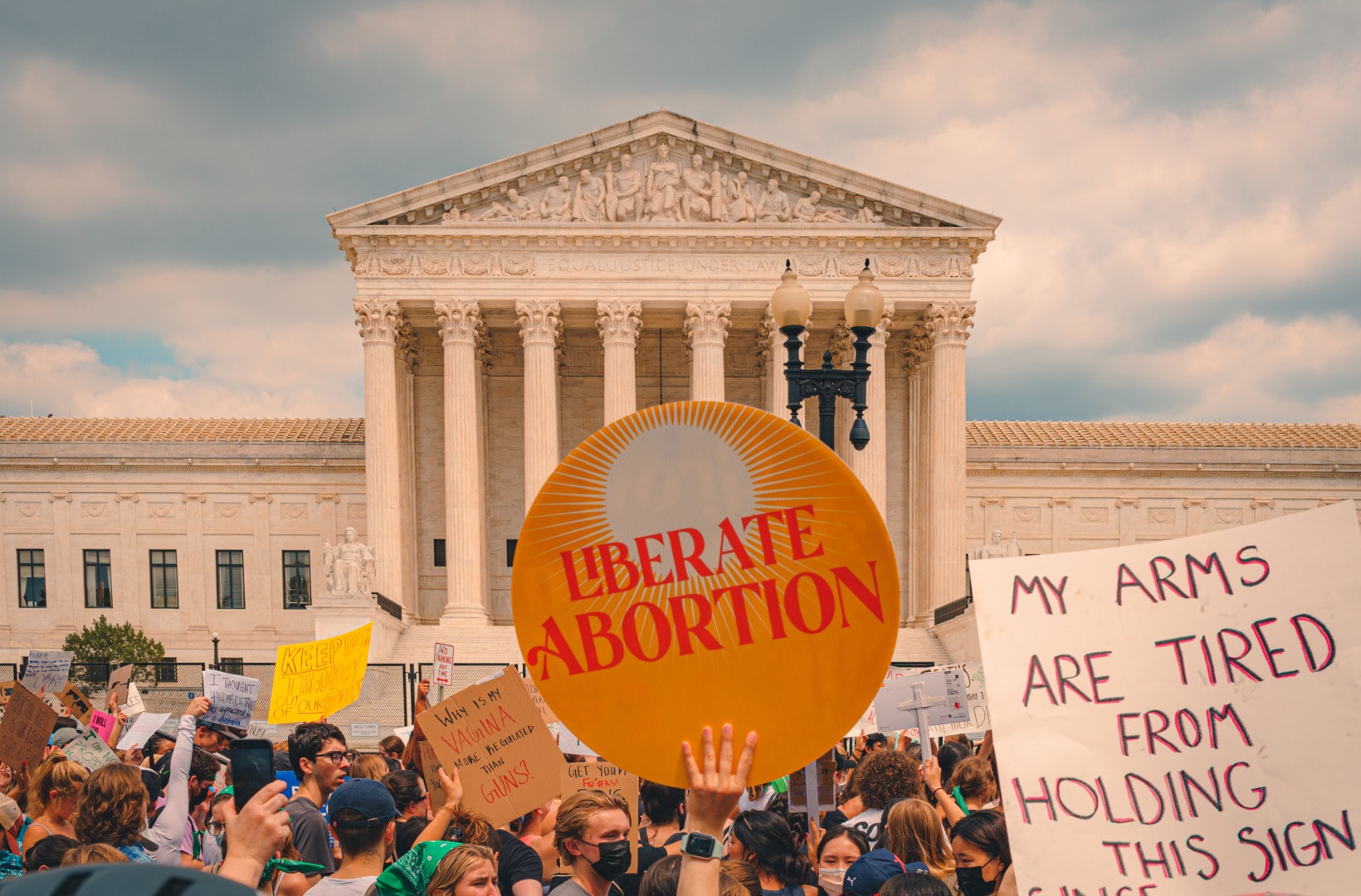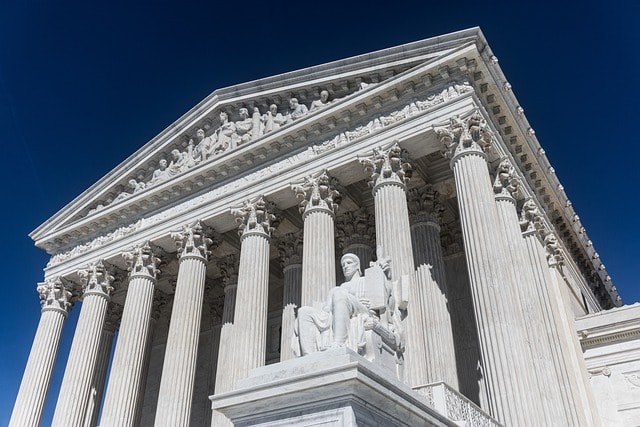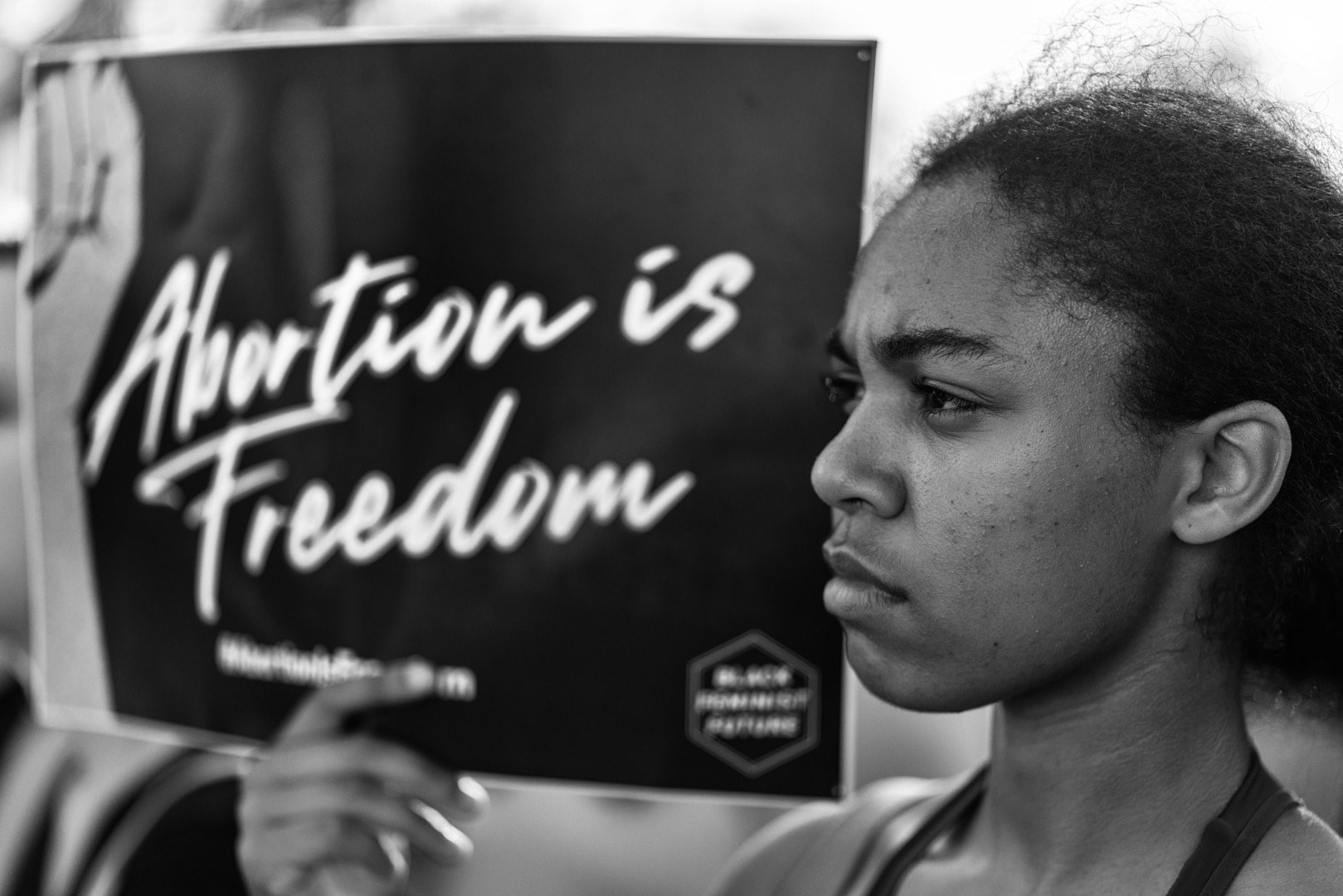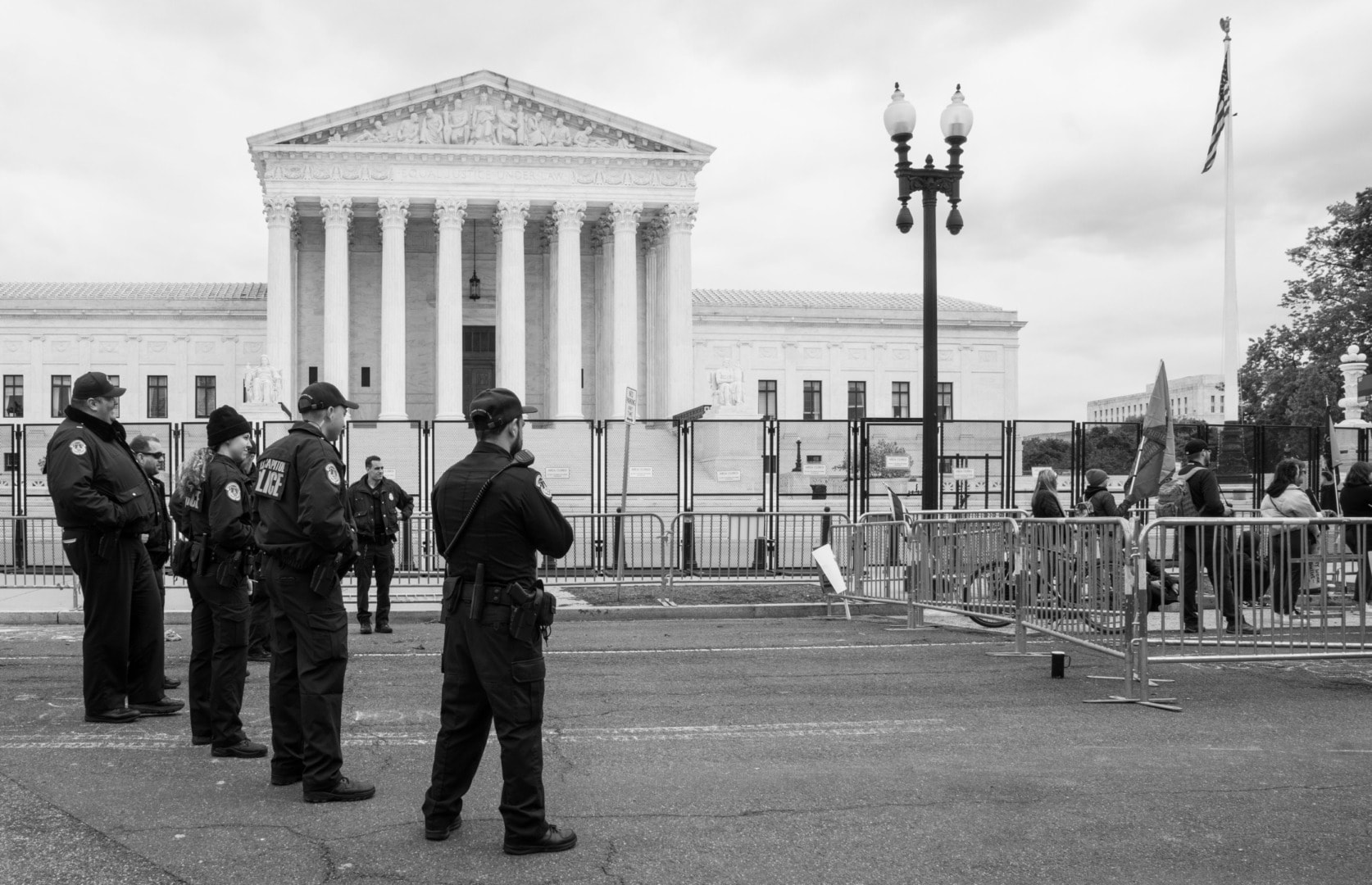The Good, the Bad and the Notorious in Covid-19 Times: The Passing of U.S. Supreme Court Justice Ruth Bader Ginsberg and Why the U.S. Supreme Court Matters
Few citizens in most countries follow their highest court on a regular basis, much less know the names of their members. But examining, reading, and studying about the Supreme Court and its members can help any citizen, much is true for lawyers, to become successful in their practice. These may also come in handy especially when you have a case that needs Supreme Court Printing and brief review. This is very much true in the U.S., where, in the past, if many adults could name two members of the Supreme Court, it would be a shock. But the combination of the passage of one member — Justice Ruth Bader Ginsberg — a Presidential election, extreme political polarization, and contentious cases either on the docket or en route to the Supreme Court makes this an exceptional time, especially with respect to health care.
Justice Ginsburg became a cultural icon, with movies, tee-shirts and her life story is known by American liberals and conservatives alike. When “Notorious RBG” died on September 18, 2020, after nearly 27 years on the Court, her death resulted in an outpouring of condolences, eulogy, worry – and muted delight by some.
Her departure gives the President, with the advice and consent of the Republican-controlled Senate, the power to appoint a conservative replacement holding values at sharp variance to those of Justice Ginsberg and the three other liberals members of the Court (Justices Stephen Breyer, Sonia Sotomayor, and Elena Kagan), probably tilting future decisions consistently with that orientation. RBG’s departure from the bench at this time of a COVID-19 pandemic affects what happens to U.S. individual and public health care in the courts and at the government level.
Affordable Care at the time of COVID
We know that a lower court’s decision holding the Affordable Care Act (ACA) unconstitutional is to be heard in November 2020. We can imagine that, without the ACA, people with pre-existing medical conditions will no longer be guaranteed insurance coverage; and it is possible COVID positive or COVID hospitalization will be declared a pre-existing condition affecting eligibility or premium rates.
With this change in philosophy, we cannot be sure whether, in light of future Court decisions, employers will not be able to fire or refuse to hire someone who is COVID positive, or whether a mandate for wearing masks or for compliance with lockdown regulations will withstand conservative notions of individual freedom.
Although we cannot predict how such a Court without Ruth Ginsberg will decide, we can look retrospectively.
In an earlier ACA decision, she, along with Chief Justice John Roberts and the three other liberal Justices, preserved it as a critical, albeit flawed, broadening of health insurance for millions of Americans. COVID pandemic jurisprudence goes far beyond health insurance coverage, including the critical role the Supreme Court plays in dealing with emergency health actions taken up or to be taken up by governments at different levels.
In the nine months of 2020, there have been multiple emergency applications to the Court seeking to deal with lower court orders involving public health measures to combat the pandemic. The Supreme Court has decided many of these emergency applications without argument or a full record from the lower courts.
In the past, the Court has given state governments wide latitude to act against impending threats to the safety of the public.
Once an emergency is declared, these jurisdictions could issue orders to protect public health and restrain certain liberties. Jacobson v. Commonwealth of Massachusetts, a 1905 decision, concerned a law mandating smallpox vaccinations. Jacobson and his son refused smallpox vaccinations claiming they had had bad reactions to earlier vaccinations. The question for the Court was whether the state had the authority to issue such a mandate. The Court stated that it did on the grounds that a “community has the right to protect itself against an epidemic of disease which threatens the safety of its members.”
In essence, while the 14th Amendment to the U.S. Constitution protected individual liberty, it could be restricted when “under the pressure of great danger… to the general public.”
Other cases followed which create a precedent in dealing with dicey issues of individual rights needing protection from government invasion, faced with restrictions for the public good.
With the COVID-19 pandemic still raging, the limits to an individual State or the Federal Government to force citizens to stay in place, socially distant, and wear masks when outside, is yet to be fully determined.
Right to Abortion and COVID
Such public health powers touched issues that were of central importance to Justice Ginsberg, including equal gender protection under the 14th Amendment, and the right for women to decide matters of privacy for themselves, including the right to have an abortion without excessive government restriction.
During the current pandemic, multiple States have sought to use public-health-emergency reasons to curtail abortion care, circumventing the landmark Supreme Court 1973 Roe v. Wade decision which protected such rights. States passed laws to attempt to shut down abortion clinics or essentially make the procedure unlawful altogether, with no discernable link to stemming the spread of COVID 19.
Claiming substantial relation to the COVID pandemic, Texas imposed an abortion ban which was upheld by its Circuit Court of Appeals, using Jacobson to hold that Texas could curb abortion access. It is reasonable to assume, admittedly speculative, if the case reached the Supreme Court, Justice Ginsberg would have supported the lower court decision, which found “the enforcement is pretextual and does not bear a ‘real or substantial relation’ to the public health crisis we are experiencing.”
Religious Freedom and COVID
Religious freedom and public health have also been judicial battlefields in which, up to now, judicial decisions have largely been supportive of public health actions.
During the pandemic churches in California and Nevada challenged under the First Amendment public-health orders that restricted attendance size at public gatherings, including for church services.
The emergency orders were upheld by the Supreme Court, with Chief Justice Roberts joining Justices Ginsburg, Breyer, Sotomayor, and Kagan to follow long-standing precedent and uphold the public health orders. With a new conservative Justice, the Court might not render the same type of decision.
Unknown at this time is what such a Court would do if, for example, Democratic Presidential elect Biden were elected and chose to follow through on his call for a national mask mandate.
There are multiple other facets of the 1st and 14th Amendments of the U.S. Constitution that impact Americans and affect society.
During her lifetime, RBG changed our understanding so that we now see gender discrimination as unfair treatment, whether for males, females, or sexual orientation. Whether before or while on the Supreme Court, her efforts resulted in men getting equal treatment under Social Security caretaker benefit provisions, or female admissions to a private military academy the Virginia Military Institute, and in many other ways.
The U.S. Constitution and its Amendments will enter new and unchartered territory. For example, when there is a safe and effective vaccine will an Administration be allowed to distribute to some States before others, for political reasons? Poor areas without equivalent health facilities are only vaccinated late in the rollout?
What if the first vaccine proven effective and safe is not produced in the U.S. and the Administration refuses to purchase and approve it because it is not “American”? This is not such an unlikely possibility: Something similar happened early-on with the COVID-19 outbreak and there was an unwillingness to utilize South Korean test kits. One can only speculate if these will be test cases for a future Supreme Court and how it might rule.
It is understandable why those living outside the United States are not riveted by the selection and composition of the U.S. Supreme Court, nor its confused healthcare processes — they have more than enough other concerns of more seemingly immediate and relevant nature in their own countries. The United States, despite Trump’s America First agenda and withdrawal from international organizations like WHO, remains a key player in the international community, and inevitably, plays a role model, whether one may agree with it or not. Therefore it would be a mistake for the international community and for all of us in the United States not to be vigilant and aware of the role the U.S. Supreme plays in health and equality because ultimately it will affect the global community in this time of COVID-19.
EDITOR’S NOTE: The opinions expressed here by Impakter.com columnists are their own, not those of Impakter.com.
Featured Image: Announcement of Ruth Bader Ginsburg as Nominee for Associate Supreme Court Justice at the White House – with President Clinton 14 June 1993 Source: U.S. National Archives and Records Administration Photographer: Sharon Farmer













